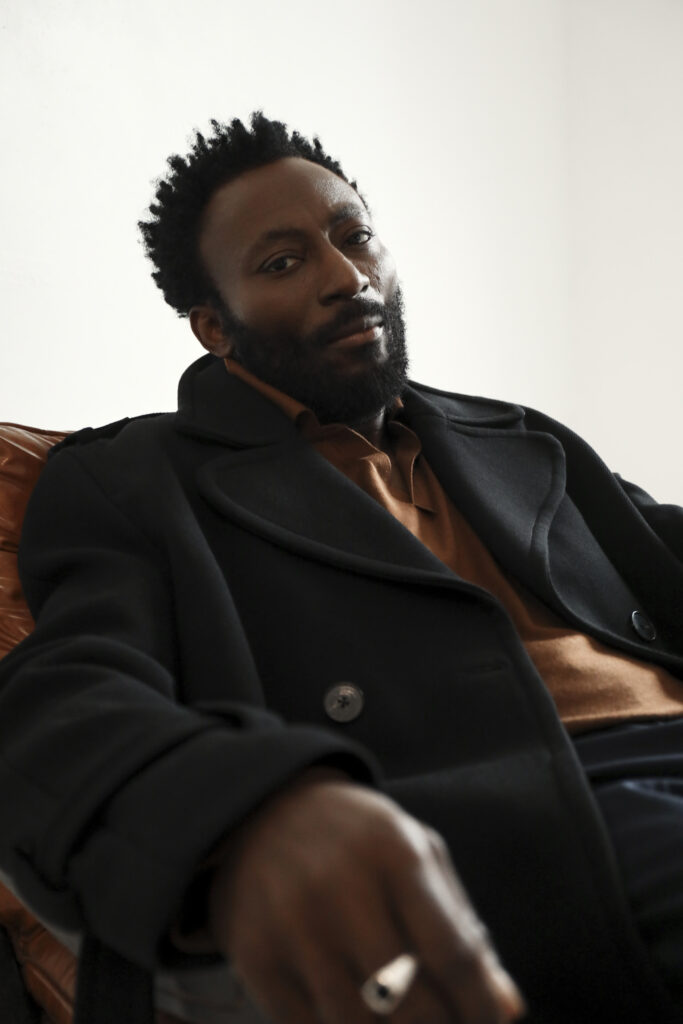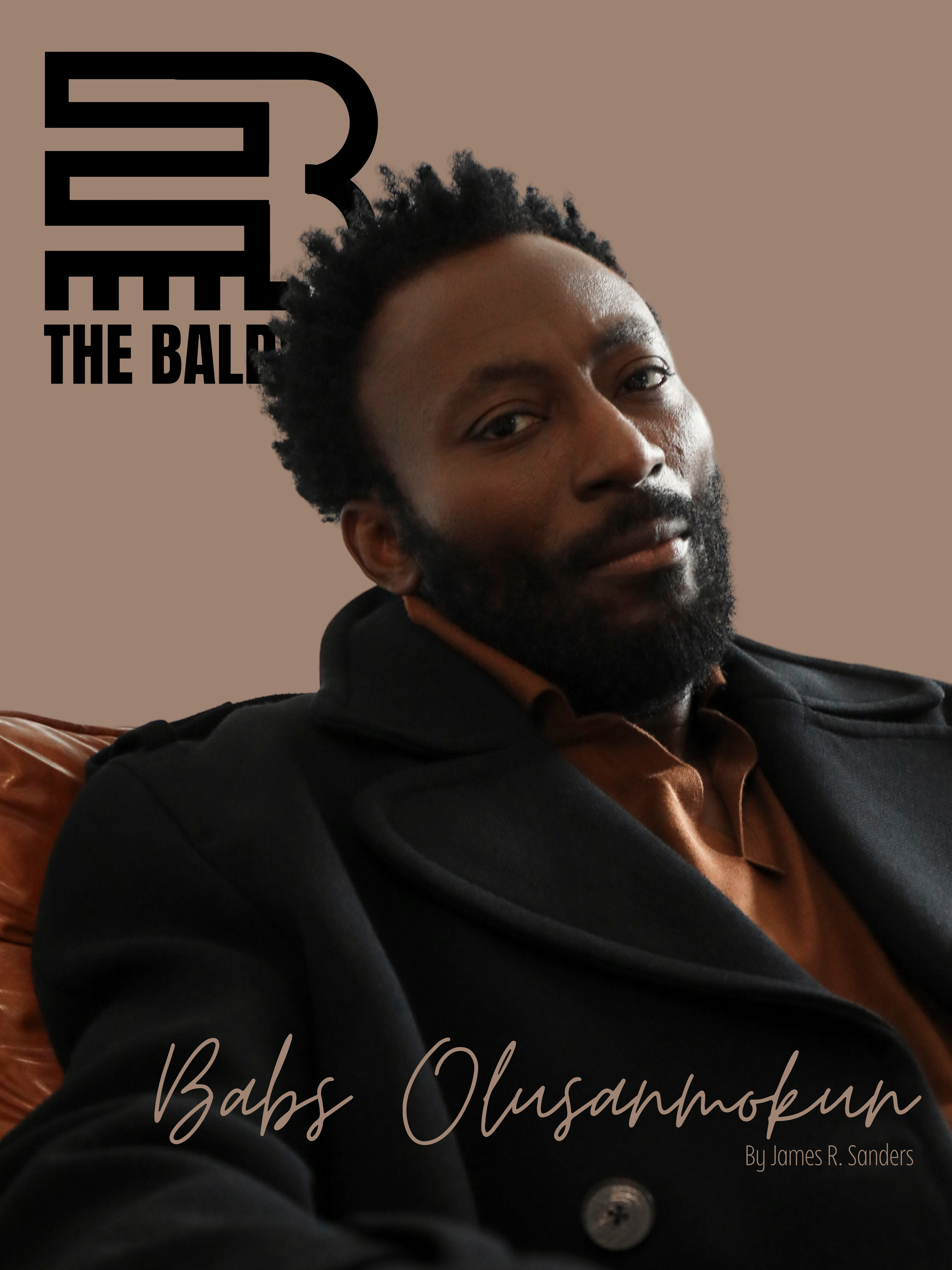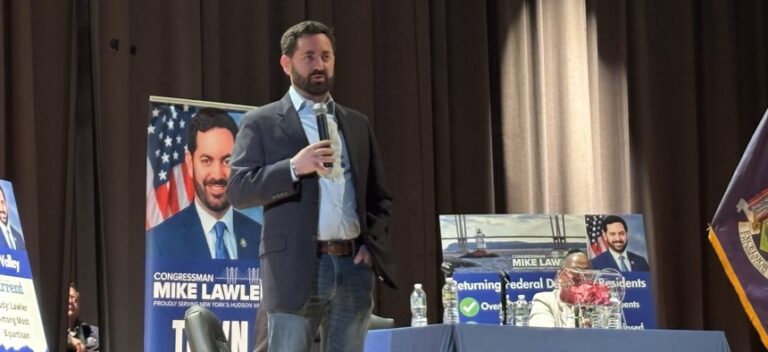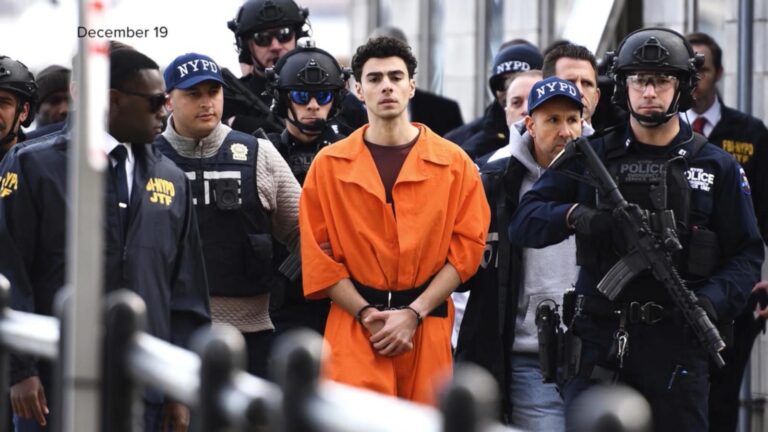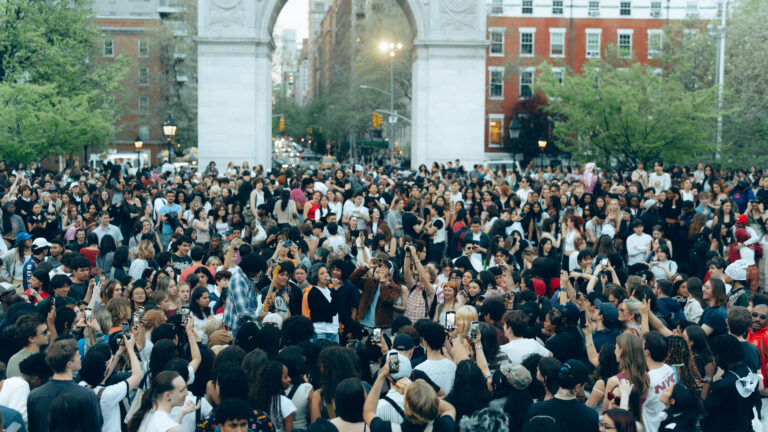Babs Olusanmokun’s character in ‘The Ministry of Ungentlemanly Warfare’ is fictional, but the tailoring, smooth demeanor, and British accent—that’s authentic. One hundred percent. These days, the actor, who also returned to ‘Dune’ in the sequel that captivated theaters months ago, isn’t slowing down; he’s choosing the roles that speak to the legacy he wants to set.
In an exclusive interview with The Baldwin, our digital cover star, Babs Olusanmokun talks film, inspiration, and finding time to focus on him.
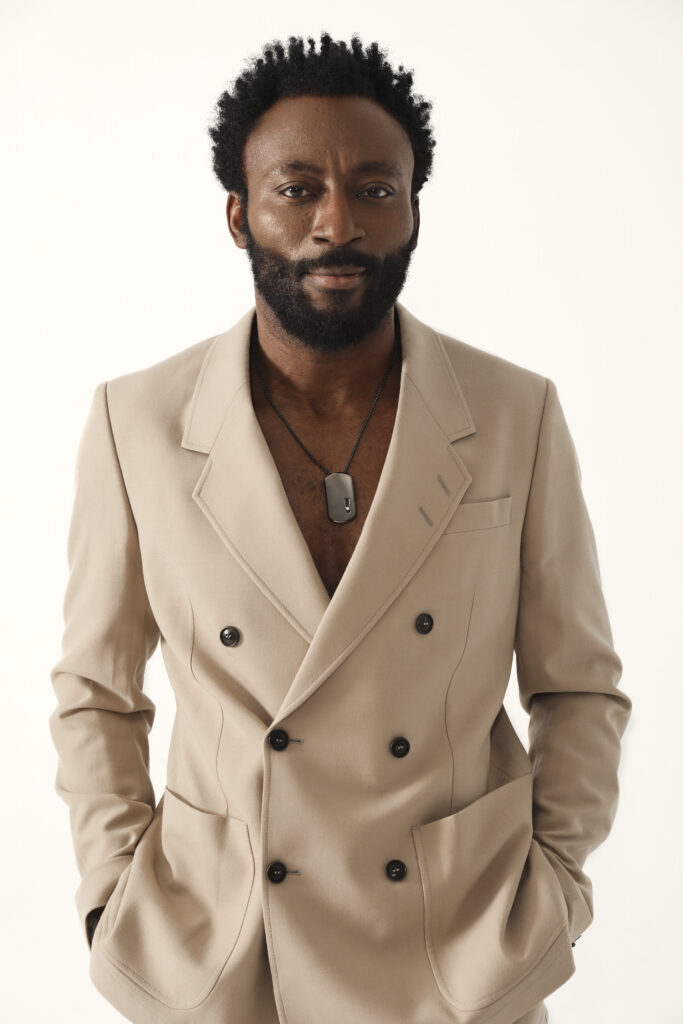
THE BALDWIN
Can you talk about playing a fictional character in a story that is partially based on real life?
Babs Olusanmokun
It was a gift to be to be offered this character and this job. And so I was very excited about that. And then bringing this character to life based in him on really history that’s, you know, quite often not told, you know?
For example, that there were Black soldiers that fought on the side of the British Empire in the first World War. So, for me, it makes logical sense that, at some point in time, somebody that looked like me, like us, was instrumental in one way or another in the efforts of World War Two.
The Black soldiers that fought for the United States and World War II that were at some point almost being erased from that story, so it’s not a big some sort of big leap of imagination to have this fictional character. England had something called the British West Indies regiment, during World War I.
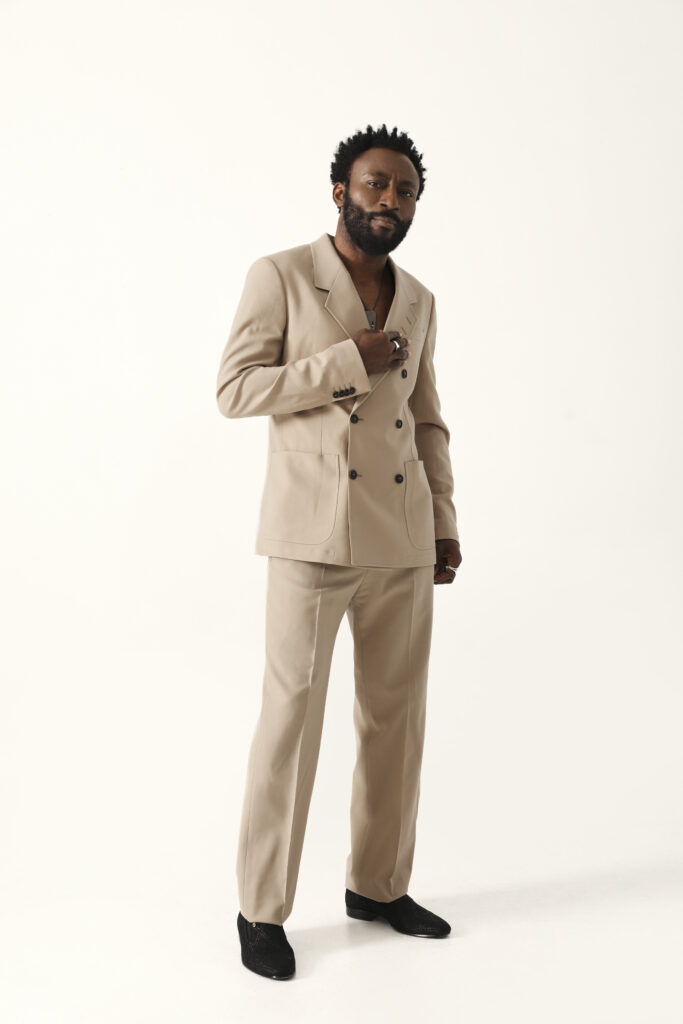
TB
What’s your process when approaching each role that you decide to take? Allow me to elaborate, because we’re in an era of society where actors are becoming more vocal about their history and backstory behind the characters that they choose to play, is there a strategy behind the characters that you choose?
BO
The reality is, we are multifaceted if we allow ourselves to be—and I consider myself to be that. There are some roles you read, and it hits me right in the in the gut or it hits me in the heart—that’s what makes me attracted to them. I don’t have a strategy of something that is going to uplift—not particularly. But when I see it, I know it.
TB
Do you think that Black actors and actresses, have a responsibility to use their platform to amplify Black voices—and underserved voices in the arts? And is that something that you’ve done, or want to do more of?
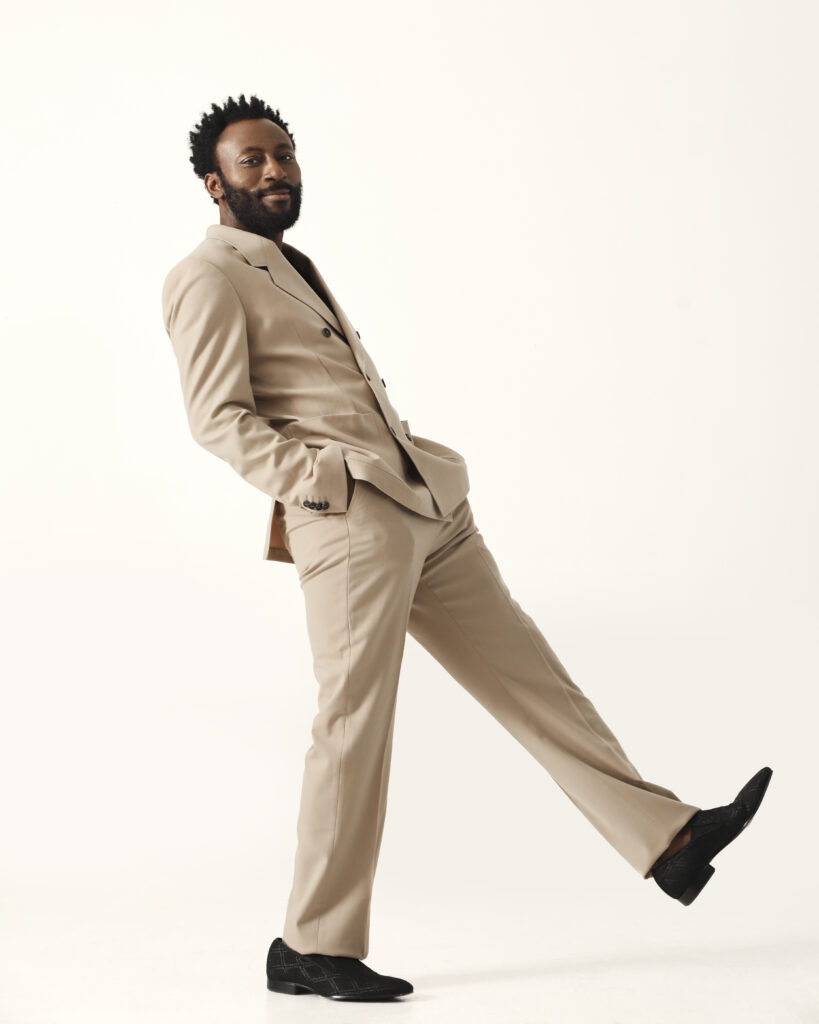
BO
That’s something I want to do more. The underserved and underrepresented should be represented more and served more. You’re dealing with societal things, you’re dealing with government, you’re dealing with just trying to undo years and years of neglect in one form or the other, depending on what nation you’re talking about. When you have when you have a fascist, fascistic government, you know, when you have a government that’s not interested in an all the citizenry, it’s usually the arts and culture that they’ll go after first.
TB
I know you’ve thought about this as an actor. What’s your dream role?
BO
Maybe it hasn’t been created yet. But if we’re talking period pieces, maybe Miles Davis.
